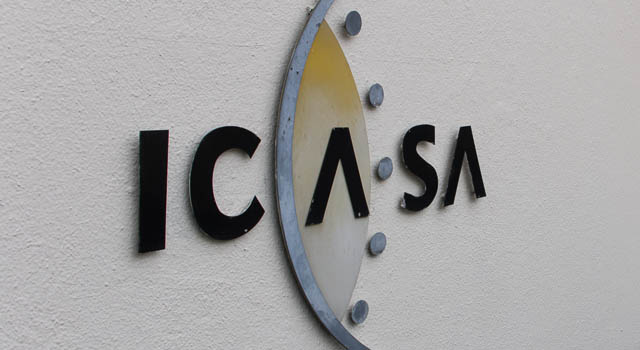
MTN and Vodacom should have disclosed their costs for calls to other networks, the high court in Johannesburg heard on Wednesday.
David Unterhalter SC, for communications regulator Icasa, argued that the companies would not reveal these costs to Icasa when it was formulating regulations for 2014.
“It has remained a dark secret as to what their costs of termination are.”
Cellphone network operators MTN and Vodacom are challenging the introduction of new asymmetrical call termination rates.
These are the rates operators have to pay one another for calls to other networks.
Icasa wants to implement a set of regulations that will see these rates drop to 20c/minute on 1 April. MTN and Vodacom will have to pay 44c/minute to smaller operators, while the smaller companies will have to pay only 20c, in an asymmetrical structure.
MTN and Vodacom want the 2014 regulations scrapped. Alternatively, they want interim relief to prevent the introduction of the new rates until they have been reviewed.
Regarding the costs of call termination, Unterhalter said MTN and Vodacom would not disclose these to Icasa, despite the fact that they were at liberty to do so as there were no regulations necessary for this.
“They could have, they should have, and they didn’t.”
On Tuesday, Alfred Cocknell SC, for MTN, argued that there were issues of procedural fairness in Icasa’s dealing with the regulations and that it was Icasa that had withheld information.
He said MTN had sought to make submissions on the draft regulations, but was not given the relevant information to make meaningful submissions.
MTN asked for the costing study and regional or global benchmarking studies that informed the regulations, but Icasa refused.
Icasa also refused to reveal the method it used to arrive at the new rates, he said.
On Wednesday morning, Gilbert Marcus, SC also for Icasa, argued that the 2014 regulations should go ahead, despite the concession that the second, 15c, and third year, 10c, of the three-year plan needed to be amended.
Icasa made no concession for the first year of the plan.
“There is no necessary or inevitable link between year one, and years two and three,” Marcus said.
Icasa has indicated that it would take about six months to amend the regulations relating to 2015 and 2016.
“Icasa has no concerns about year one and has statutory power to … have a fresh look at years two and three,” Marcus argued.
Unterhalter said that before the market was regulated, MTN and Vodacom substantially increased their call termination rates and “profited handsomely over many years”.
There was concern that if the 2014 regulations were not implemented on Tuesday as planned, the regulatory “vacuum” could leave the field open to similar practices.
The decision to grant lower termination rates to smaller players in the mobile market than to MTN and Vodacom was motivated by a desire to promote competition in the retail market.
Through the asymmetrical rates, the smaller players would have an opportunity to build their infrastructure and attract more customers. — Sapa

